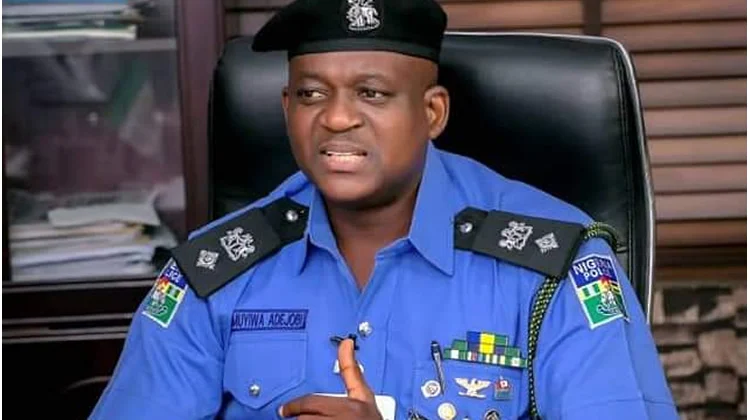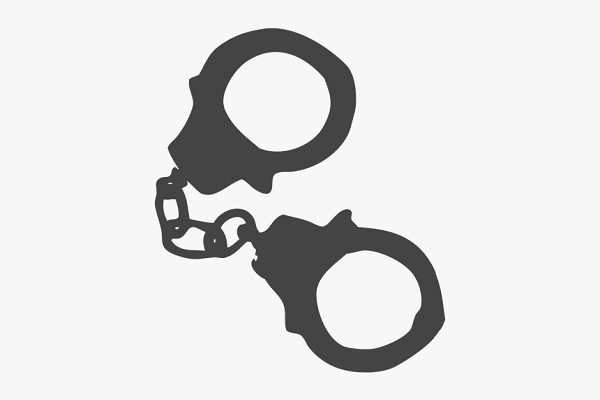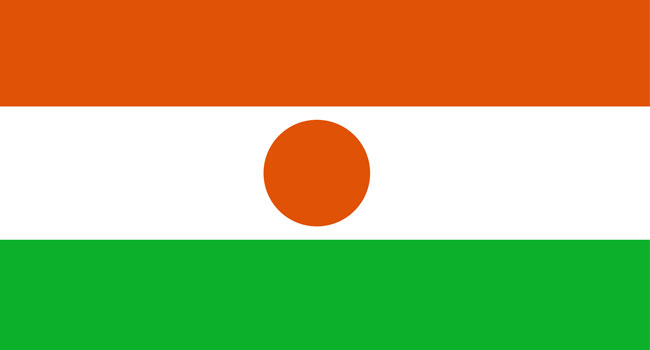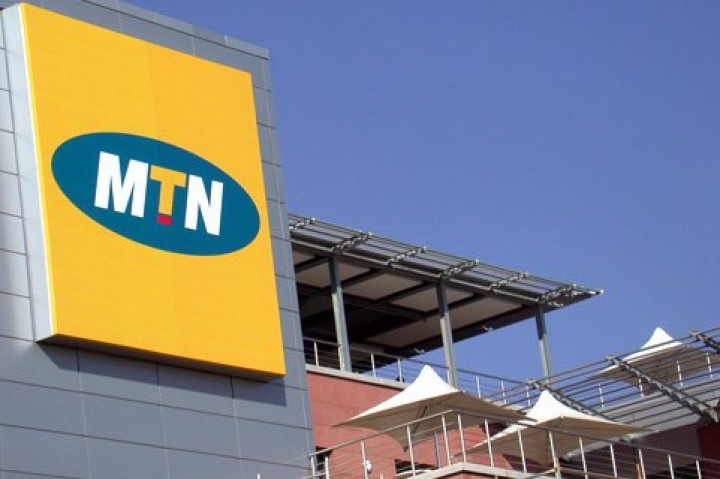By Ibe Pascal Arogorn
Reacting to the twitter ban by FG, Seyi makinde, the governor of Oyo state said “As leaders, We should go beyond emotional reactions to issues and think about how our actions will affect the people we lead and our international ratings socially and economically.”
“Twitter has become the platform for young people and indeed all Nigerians to exercise their fundamental right to express and publish an opinion.
“They use the platform to complain, argue and give feedback to the government and its agencies who in turn, use these to improve policies,” he added.
“We should also remember that Twitter has gone beyond a source of communication for many of our hardworking youths in Nigeria. It has become a source of livelihood for many, irrespective of their political affiliations or religious leanings. Nigerian youths and digital communications organisations earn a living from being able to use the platform to post communications on behalf of their clients,” the governor added.
“Others who may not have physical stores also rely on Twitter to give visibility to their products and services.
“Furthermore, I believe the Federal Government should be actively interested in how certain policies and actions will affect investor confidence. I, therefore, use this medium to appeal to the Federal Government to reverse this suspension for the greater good of Nigerians,” Mr Makinde said.
The Executive Director of Rule of Law Advocacy and Accountability Centre (RULAAC), Okechukwu Nwanguma, said every legal avenue must be exploited to resist the draconian decision.
“You remember that it is under this same Buhari as a military head of state that Decree 4 was enacted.
“You know he failed in his bid to muzzle freedom of expression through Social Media Bill. Now, he is using another tactic to achieve the same sinister plan.
“Civil society must be more alive and more active in their civic duty in mobilizing Nigerians to resist this plot. Unless that happens, this man will throw this country into confusion. All options must be exploited, both legal and political, including civic action to stop the plot,” he said.
According to Nwanguma,
“Twitter suspended Trump’s account. The American government did not suspend Twitter operations in America.”
“The difference between civilisation and barbarism”
I totally agree with Nwanguma on his opinion.
In a moment of anger and lack of critical reflection unbecoming of a democratically elected government, and with complete disregard to our rights, the Buhari Administration on June 4 announced an indefinite ban on the operations of Twitter in Nigeria.
Segun Adeyemi, Special Assistant To The President (Media) in the office of the Minister of Information and Culture, Abuja, claimed in a terse press release that the Minister, Lai Mohammed, attributed the ban to: “The persistent use of the platform for activities that are capable of undermining Nigeria’s corporate existence”.
Mr Adeyemi stated further that the “Federal Government has also directed the National Broadcasting Commission (NBC) to immediately commence the process of licensing all OTT and social media operations in Nigeria.”
Taking a cue from the Information and Culture Minister, the Attorney General of the Federation and Minister of Justice, Abubakar Malami, also threatened that Nigerians who defy the Twitter ban would be prosecuted.
The argument advanced in Adeyemi’s press release notwithstanding, Nigerians are not oblivious of the real reason why the rash decision was taken – the taking down of President Muhammadu Buhari’s Twitter handle for tweeting what was interpreted as a threat of genocide or bloody suppression against a section of the Nigerian populace.
The president had tweeted: “Many of those misbehaving today are too young to be aware of the destruction and loss of lives that occurred during the Nigerian Civil War. Those of us in the fields for 30 months, who went through the war, will treat them in the language they understand.”
It is common knowledge that social media service providers like Twitter, Facebook, WhatsApp, among others, have well defined and widely disseminated industry standards that frown at the use of words and expressions that convey hateful messages or thoughts. Thus, with one of his tweets deleted, President Buhari has company in former President of the United States, Donald Trump, who received a similar knock when he repeatedly tweeted venomous messages against American citizens opposed to his indecorous approach to addressing governance and political issues.
Of poetic irony is the fact that one issue over which the Buhari Administration has repeatedly waxed lyrical is that of hate speech; so much that the National Assembly, controlled by his All Progressives Peoples Congress (APC), has introduced a bill to establish the National Hate Speech Commission and another one to regulate the social media. Both bills have rightly been opposed by Nigerians who feared that they would serve as witch-hunt apparatuses against those who exercise the right of dissent. Events around the Twitter ban have confirmed the fear of the civil society, media outlets and groups, professional bodies, etc.
The ban constitutes a gross abuse of office, as it elevates the personal interest of the President above that of the country and her citizens. The President is indeed not the state and disagreements over the personal terms he voluntarily entered with Twitter should not be allowed to threaten the public and national interest. Moreover, Nigerians are not aware of any law of the federation that allows the President or a Minister to whimsically deny it’s citizens access to social media services of their choice.
The ban is a grave violation of the Constitution of the Federal Republic of Nigeria, which the trio of the President, the Minister of Information and the Minister of Justice swore to uphold. By infringing citizens’ fundamental right to the freedom of expression and association, it violates section 39 of the Constitution, while undermining the social and economic rights guaranteed Nigerian citizens by Chapter 11 of the Constitution.
The ban is a violation of and assault on a number of international, continental and regional instruments that Nigeria willingly subscribes to. Indeed, the ban clearly falls below their expectations of the realm of the rights and freedom that citizens should freely enjoy.
Among these are the African Charter on Human and Peoples’ Rights and the Universal Declaration of Peoples and Human Rights. Pursuant to the provisions of the African Charter, Resolution 362 of 2016 of the African Commission on Human and Peoples Rights expressed concern at the practice by State Parties to the African Charter on Human and Peoples Rights, of “interrupting or limiting access to telecommunication services such as the Internet, social media and messaging services.”
In specific terms, the African Commission adopted the Declaration of Principles on Freedom of Expression and Access to Information in Africa, Principle 38 (1) and (2) of which states that, “States shall not interfere with the right of individuals to seek, receive and impart information through any means of communication and digital technologies, through measures such as the removal, blocking or filtering of content, unless such interference is justifiable and compatible with international human rights law and standards.” And that “States shall not engage in or condone any disruption of access to the internet and other digital technologies for segments of the public or an entire population.”
The UN Human Rights Council also has a subsisting resolution of July 2018 that demands the promotion, protection and enjoyment of human rights on the Internet.
Twitter ban in Nigeria constitutes an unwarranted attack on the corporate, business and professional interests of organisations and individuals legitimately managing their affairs on Twitter, including but not limited to the media, entrepreneurs, researchers, educational institutions, NGOs and CCSOs. As at the third quarter of 2020, Twitter accounted for 61.4 per cent of Internet users in Nigeria, coming after WhatsApp and Facebook messenger, according to ‘Statista’, while ‘Quora’ estimates the number to be about seven million. Even if the number of users is considerably less, it still does not justify a ban that is jeopardising the means of business and social communication of citizens.
It is only a government that wants to shut itself from its own citizens would take the kind of bizarre step of banning a social media platform. If anything, Minister Malami’s added threat of prosecuting those who circumvent or defy the ban would only invite more opprobrium for the government, both at home and abroad. This is why it is necessary to remind the Minister that the laws of the Federation do not give him such powers.
In the longer term, the ban – even if only brief – could seriously harm Nigeria’s ability to attract investment to its otherwise-promising digital economy. Investors may turn to markets without the threat of sudden regulatory disruptions to the digital economy. In other words, Twitter’s choice of Ghana would only be the beginning.
A 2020 survey by the independent, Africa-based research organisation Afrobarometer found that:
35% of Nigerians reported using some social media service to get news at least a few times a week.
Men were marginally more likely to use it than women – 39% versus 31%.
More young people used it – 46% of 18-25 years old, versus 8% for those over 65.
Rates of weekly access were higher for Nigerians who lived in urban areas (54%, versus 18% for rural), had at least a secondary-level education (57%, versus 12% with a primary education or lower) and had the lowest levels of lived poverty (51%, versus 25% for those with the highest levels).
Nevertheless, Nigerians more broadly are unlikely to take the ban quietly. Afrobarometer research also shows that Nigerians, like most Africans, oppose government restrictions on media generally. Those surveyed were roundly opposed to restrictions on digital media. More than three-fifths (61%) said that internet and social media should be “unrestricted” versus only 23% who agreed that “access should be regulated by the government”.
Nigerians were also particularly fond of social media. Nearly two thirds (65%) of those who had heard of social media said the technology’s impacts were more positive than negative. This rate is the highest among the 18 countries surveyed in 2019/20.
With its ban, the Buhari government has escalated a spat into something much more serious. The damage to economic and democratic development from shutdowns can be significant, even with short blockages. Lost productivity and commerce threaten Nigeria’s economic recovery, and the reputational harm to its ability to attract investment to its digital economy could be long lasting.
On the political side, the government risks angering the most vocal and engaged segment of the population, with the likelihood that even most non-users will oppose the ban.
Ibe Pascal Arogorn, a jiunanalist, writer and public affairs analyst, writes from Owerri Imo state.
E-mail: Ibepascal858@gmail.com







